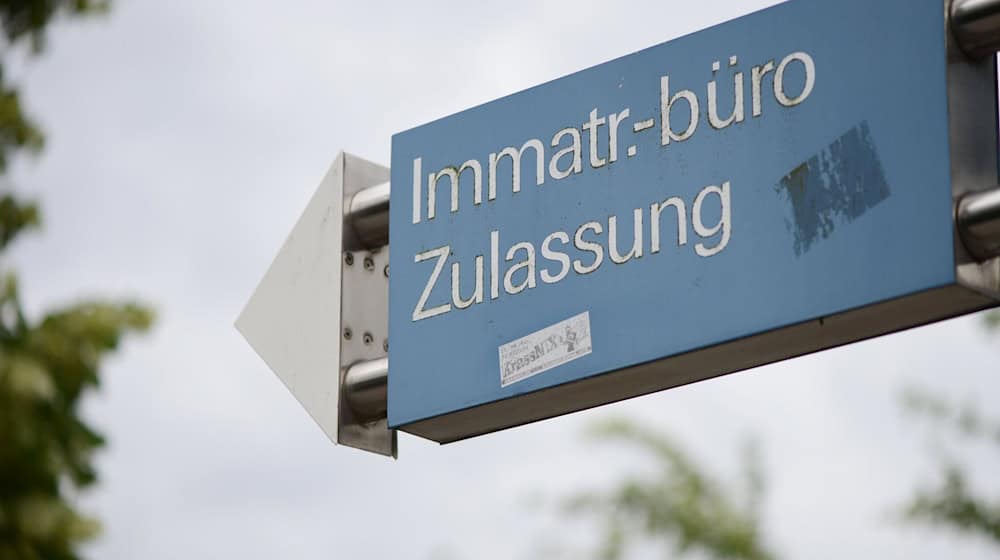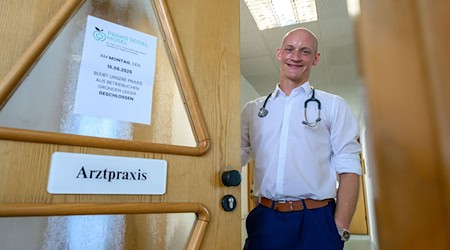Dresden (dpa/sn) - Just over one in three degree courses in Saxony has admission restrictions. With a share of around 37 percent, the state is just above the national average of around 35 percent, according to an analysis by the Center for Higher Education Development. The analysis relates to the winter semester 2024/2025.
There are significant differences between cities with more than 16,000 students in the state. In Leipzig, every second degree course (54 percent) has an admission restriction, in Dresden it is only around one in three (35 percent).
Admission restrictions are when applicants need a certain Abitur grade or have to go through a selection procedure or aptitude test. At Saxony's universities, around 30 percent of degree courses have a restriction; at universities of applied sciences or universities of applied sciences, the figure is just under 27 percent.
In a nationwide comparison, this puts Saxony in seventh place. At the top is Hamburg with a share of around 62 percent of restricted courses, followed by Berlin with a share of around 55 percent.
Rate down on previous years
According to the analysis, the rate in Saxony has fallen slightly compared to the previous year (around 38%). According to the Center for Higher Education Development, this corresponds to a nationwide trend. Since the 2018/2019 winter semester, the proportion of restricted admission courses has fallen continuously across Germany from around 41% to around 35% this year. "This can largely be attributed to the decline in the number of first-semester students and the simultaneous expansion of degree courses," explained Director of Studies Cort-Denis Hachmeister.
Hurdles for Master's degree courses higher
This coming winter semester, the hurdles for an advanced Master's degree course in Saxony are slightly higher than for an undergraduate Bachelor's degree course (around 33%), with a share of 36% of restricted admission courses.
Depending on the degree, a specific NC or other requirements are most frequently necessary for law, economics, social sciences and social sciences (around 33 percent). In second place are linguistics and cultural studies (around 25 percent), followed by mathematics and natural sciences and engineering (around 17 percent each).
The analysis is based on the entries in the nationwide Hochschulkompass database as of the end of May 2024. The database contains around 22,000 degree courses across Germany for the coming winter semester.
Copyright 2024, dpa (www.dpa.de). All rights reserved










